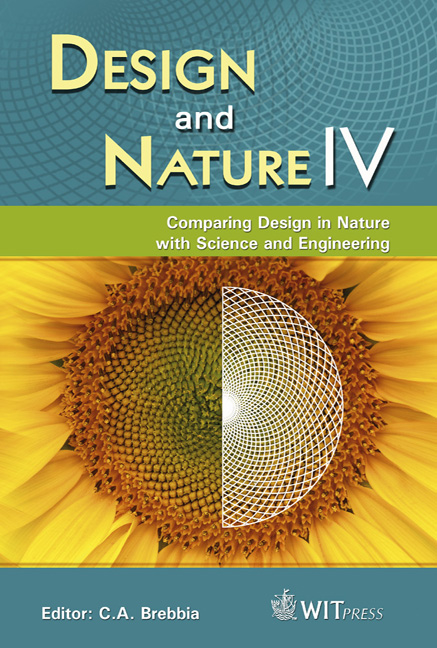On Nature, Culture And Sustainable Design
Price
Free (open access)
Transaction
Volume
114
Pages
10
Page Range
191 - 200
Published
2008
Size
265 kb
Paper DOI
10.2495/DN080201
Copyright
WIT Press
Author(s)
A. Yates
Abstract
Sustainable design is a complex and elusive thing to define, to design, to measure. A fully sustainable architecture would be one constructed within a fully sustainable culture, a culture within which all inputs and outputs are considered, designed. To move to a sustainable design and building practice in Western culture requires a major paradigm shift: it requires that we rethink our cultural habits from first principles; that we re-conceive the very notion of what buildings and cities are, rethinking them as generative, as active sites of production rather than as inert objects. This requires a re-location from traditional Western notions of building as permanent and static, towards building as organism, plant or landscape, as active and regenerative agent changing under inhabitation and in response to diurnal and seasonal shifts. Such a move requires a destabilising of the Western model of separate disciplines of urban design, architecture, landscape architecture, and interior design in favour of modes of thinking and making which move fluidly across all of these contiguous disciplinary territories. This paper explores Western and Oceanic notions of culture and nature, it tracks how cultural understandings are made manifest within built fabric. In doing so the paper offers an opportunity to rethink dominant Western models of space making, to move into a field of theorised practice in which culture and nature, building and landscape are interspersed and contiguous. Such architectural landscapes offer the potential to be regenerative habitats, artificial landscapes that generate food and energy; collect and filter water; remediate waste into new resources; offer native habitat to local fauna and flora; and create interior habitats that are strongly connected to the natural environment. Keywords: regenerative design, Indigenous design, nature, architecture.
Keywords
regenerative design, Indigenous design, nature, architecture.





